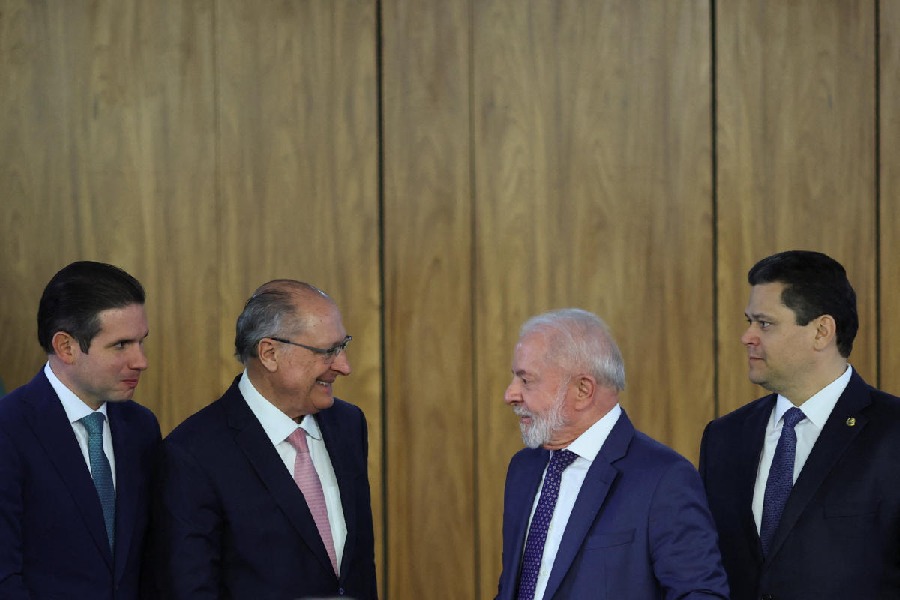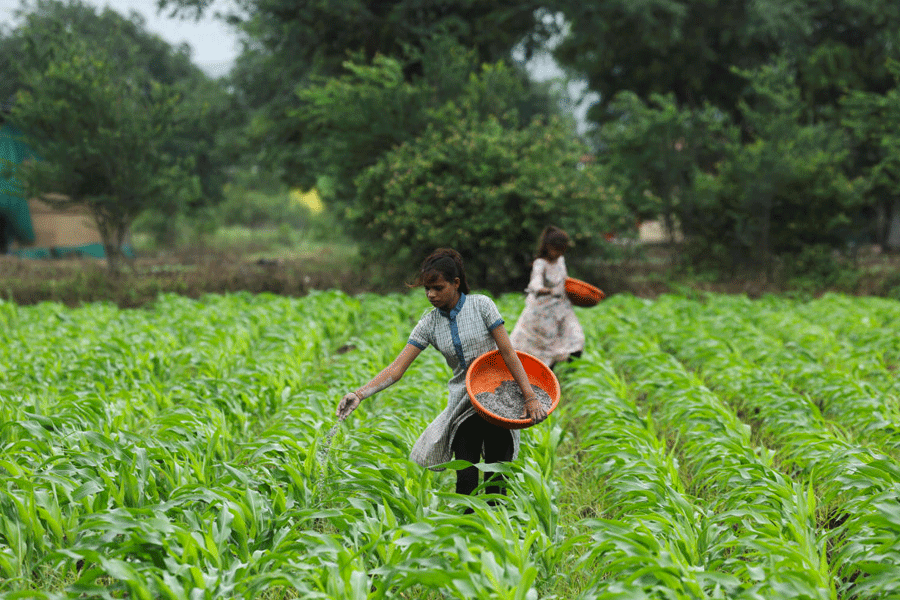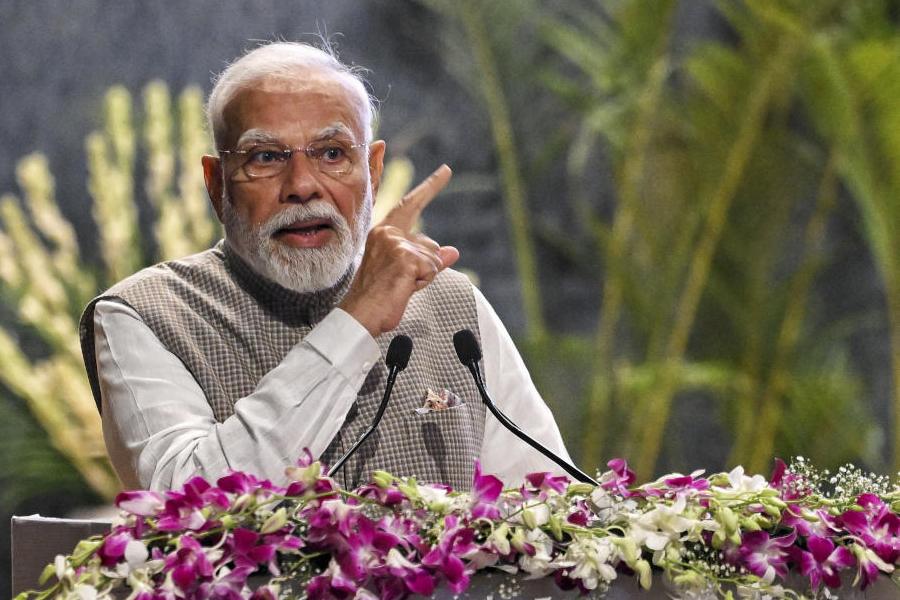Brazil's government unveiled on Wednesday a long-awaited aid package for companies hurt by steep U.S. tariffs, centered on credit lines for exporters and government purchases of products that face greater hurdles in finding alternative markets.
U.S. President Donald Trump hiked duties on several goods from Brazil to 50 per cent from 10 per cent earlier this month. Although some sectors were exempted from the steeper levies, the move is still set to hurt industries such as coffee, beef, seafood, textiles, footwear and fruit.
Brazilian President Luiz Inacio Lula da Silva had already signaled his administration would not immediately retaliate against the tariff hike, instead prioritizing support for the most affected sectors.
"We will insist on negotiating ... but our sovereignty is untouchable," Lula told an event in Brasilia, saying he was open to talks on topics such as ethanol trade.
"We are not announcing reciprocity measures. We don't want, at first, to do anything that could justify worsening our relations," the leftist leader added.
The centerpiece of the aid plan is a 30 billion-real ($5.55 billion) credit line via the existing Export Guarantee Fund (FGE), which is managed by state development bank BNDES, according to a statement.
The government will also make additional contributions totaling 4.5 billion reais to strengthen some funds supporting aid for smaller companies, it added.
The measures are part of an executive order signed by Lula, which takes effect immediately but must be approved by Congress within four months to remain in force.
Major hit
Brazil was among the nations hardest hit by Trump's tariffs.
Washington exempted key goods such as aircraft, orange juice, oil and pulp from the higher rate, but products like coffee and beef, of which Brazil is a major U.S. supplier, are now subject to the full rate, which took effect last week.
Trump imposed the levies on U.S. imports from Brazil largely in response to a Brazilian legal case he has accused of being a "witch hunt" against former President Jair Bolsonaro, his right-wing ally who is on trial for allegedly plotting to overturn the 2022 election after his supporters overran government buildings.
Supreme Court Justice Alexandre de Moraes who is overseeing the case said that he would continue to do his job and that Brazil's top court would not submit itself to foreign coercion and that it would guard the country's constitution.
Brazil's new aid program also eases the tax burden on exporters to help them remain competitive in the U.S., a measure in place through the end of next year that the government estimated it would cost 5 billion reais in foregone revenue.
The plan extends the timeframe for using tax credits under the "drawback" regime, which reimburses import taxes on inputs used in the production of exported goods.
Separately, it also backs government purchases of goods previously destined for the U.S. market, which will be redirected to public school and hospital meals.












